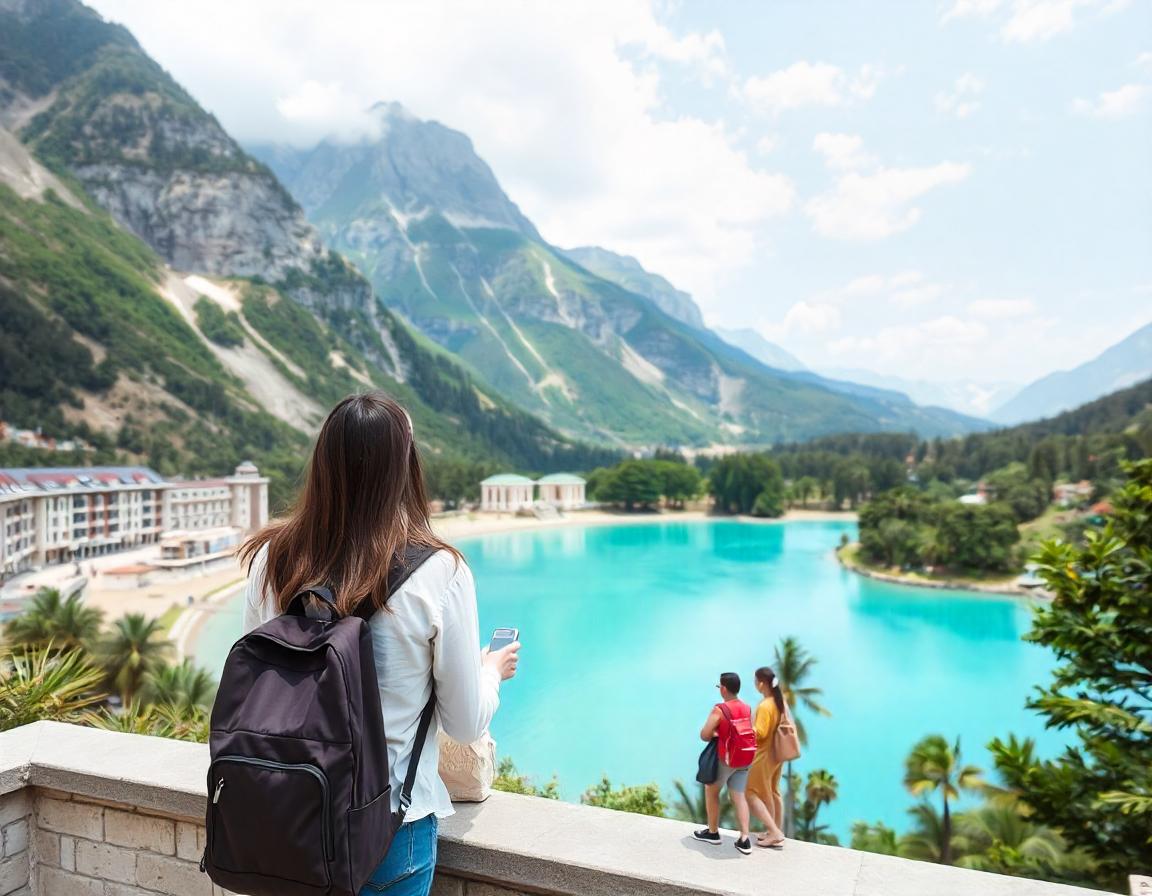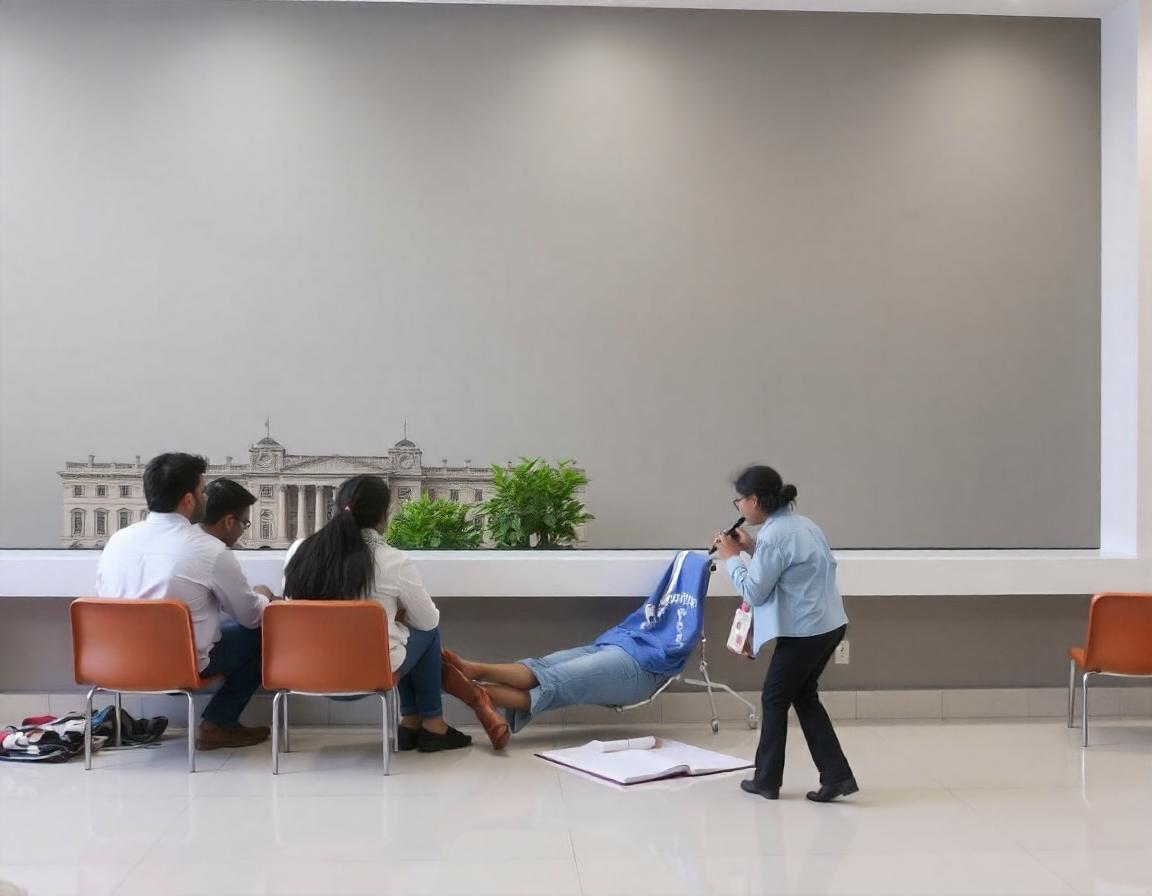Visa and Immigration Challenges for Indian Students: How to Navigate the Process

Studying abroad is an exciting opportunity for many Indian students, but before embarking on this educational journey, one of the biggest hurdles to overcome is the visa and immigration process. Securing the right student visa and understanding immigration regulations is crucial for a smooth transition to studying in a foreign country. In this article, we will explore the common challenges faced by Indian students during the visa and immigration process and offer tips on how to successfully navigate them.
1. Understanding Different Visa Categories
Each country has its own visa categories, and the requirements for obtaining a student visa can vary widely. The most common student visas include:
- F-1 Visa (USA): For students attending full-time academic programs in the U.S.
- Tier 4 (General) Visa (UK): For students enrolling in full-time courses at UK institutions.
- Study Permit (Canada): For international students intending to study at a recognized Canadian institution.
- Subclass 500 Visa (Australia): For international students applying for courses in Australia.
- Student Visa (Germany): For students admitted to universities or higher education programs in Germany.
Each of these visas comes with its own set of documentation requirements, eligibility criteria, and processing time. It’s important to understand the specific type of visa that suits your educational plans.
2. Common Challenges in the Visa Application Process
While the visa process may seem straightforward, Indian students often encounter several obstacles:
a. Lengthy Processing Times
Visa applications, especially for popular study destinations like the U.S., Canada, the UK, and Australia, can take several weeks or even months. Students often miss their application deadlines due to delays in obtaining documents, medical clearances, or biometric requirements.
Tip: Apply as early as possible—ideally, 3–6 months before your course starts. This provides enough time for any unexpected delays.
b. Proof of Financial Support
One of the most common requirements for a student visa is proof that you have sufficient funds to cover tuition fees, living expenses, and return travel costs. Many Indian students find this to be a challenging and stressful part of the application.
Tip: Prepare detailed financial documents like bank statements, affidavits of support from family members, scholarship letters, or proof of income from parents or guardians. Make sure the funds are readily available in your bank account.
c. English Language Proficiency
English proficiency is a mandatory requirement for most countries, and tests like IELTS, TOEFL, and PTE are commonly used to assess language skills. A poor score can jeopardize the chances of obtaining a visa.
Tip: Begin preparing for your English language proficiency tests well in advance. Consider taking preparation courses or mock tests to ensure you score high enough for visa requirements.
d. Visa Interview Stress
In many countries, such as the U.S., Canada, and Australia, a visa interview is part of the application process. The interview can be a stressful experience, especially when faced with questions about financial stability, course selection, and future career goals.
Tip: Practice for the visa interview by preparing answers to common questions. Be clear about why you want to study in the specific country, your academic goals, and how you plan to finance your education.
3. Post-Visa Approval: What Comes Next?
Once you’ve secured your student visa, there are still a few important steps to take:
a. Understanding Visa Conditions
Most student visas come with conditions such as restrictions on working hours, maintaining full-time student status, and reporting to immigration authorities periodically. Failure to comply with these conditions can result in visa revocation.
Tip: Thoroughly read the terms and conditions attached to your student visa. Stay in touch with your educational institution’s international office for updates on any visa-related matters.
b. Preparing for Arrival
Students often face challenges when it comes to settling into a new country. From securing housing to navigating the public transportation system, there are several logistical aspects to consider.
Tip: Research your destination country thoroughly. Make use of online resources or forums where previous students share their experiences. Additionally, connect with student support services at your university or college for advice on accommodation, local transportation, and cultural adaptation.
c. Health Insurance and Medical Requirements
Many countries require students to have health insurance that covers medical costs during their stay. Some countries like Australia and the U.S. have specific insurance requirements for international students.
Tip: Ensure you have adequate health insurance coverage before arriving in the host country. This will avoid any surprise medical bills during your stay.
4. Dealing with Rejections and Appeals
Sometimes, visa applications can be rejected due to minor or major errors in the application process. Some common reasons for rejection include incomplete documentation, missing financial evidence, or failure to meet the language proficiency requirements.
a. What to Do if Your Visa is Rejected
If your student visa application is rejected, don’t panic. Most countries allow students to appeal the decision, or you can reapply with the correct documents or additional information.
Tip: Review the reasons for rejection carefully. If possible, consult an educational consultant or immigration lawyer for guidance on how to strengthen your application. Ensure that all required documents are complete and accurate before reapplying.
5. Alternatives and Backup Plans
In case your first-choice country does not grant you a visa or if you decide to explore other options, it’s a good idea to have backup plans in place.
a. Exploring Other Countries
If your application to study in the U.S. or the UK gets rejected, you can consider applying to other countries like Canada, Australia, Germany, or Singapore. Each of these countries has excellent educational institutions with a welcoming environment for international students.
b. Applying for Post-Graduate Work Visas
Some countries offer post-graduation work visas, allowing you to stay and work in the country after completing your studies. This is an excellent option to gain international work experience while having the opportunity to apply for permanent residency in some cases.










